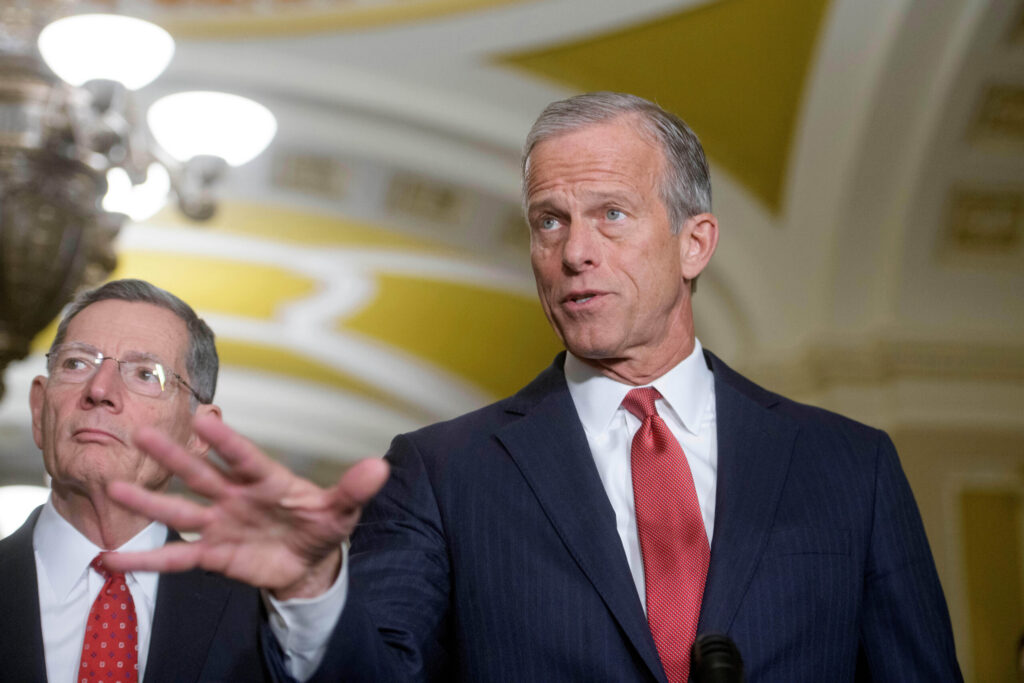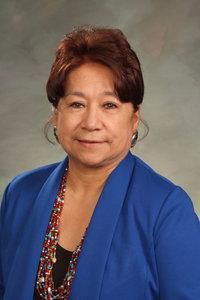Senate panel OKs making Juneteenth a Colorado holiday

A legislative effort to establish Juneteenth as an official state holiday passed its first hurdle Tuesday, receiving approval from a Colorado Senate panel.
Sen. James Coleman, D-Denver, said recognizing Juneteenth would be a first step toward honoring Black history and ensuring a more prosperous future for all Coloradans. Coleman is sponsoring Senate Bill 139, along with two other Black lawmakers, Aurora Democrat Sen. Janet Buckner and Denver Democrat Rep. Leslie Herod.
“Celebrating Juneteenth tells Coloradans we recognize how far we’ve come as both a state and a nation, and where we can still go,” Coleman said. “It reminds us that the pursuit of (liberty, freedom and equality) has been a long and arduous one and that, for some, it only continues. This holiday gives those folks hope.”
Juneteenth, also called Freedom Day and Emancipation Day, celebrates the emancipation of enslaved people in the United States. The holiday recognizes June 19, when Major General Gordon Granger announced slaves in Texas were free in 1865. This announcement came more than two years after President Abraham Lincoln declared the end of slavery with the Emancipation Proclamation.
The Senate State, Veterans and Military Affairs Committee unanimously passed the bill, moving it to the full Senate for consideration in the coming weeks. The vote came after more than a dozen people testified in support of the bill, including many Black youth.
“Juneteenth is me and I am Juneteenth,” said Ceirra Noel, a 16-year-old student at Dr. Martin Luther King Jr. Early College. Noel said the holiday will help educate young Black people about their history – something, Noel said, not always done in schools.
“We deserve a chance to be acknowledged because we are valued. We deserve to have validation that our culture is not seen as a joke,” Noel said. “Your guys’ freedom is celebrated with fireworks, with food, with barbecues. My freedom, I didn’t even know about it. … When learning about my freedom and how your guys’ freedom is celebrated, the question is, why isn’t mine?”
Coloradans have recognized Juneteenth for decades, including through the annual Juneteenth parade and music festival in Denver’s historic Five Points neighborhood. The celebration is one of the largest in the country, attracting around 50,000 attendees each year, according to event organizers. Five Points’ first official Juneteenth celebration was held in 1953.
Supporters of the bill say official holiday designation will help spread awareness of Juneteenth, as well as encourage all Coloradans to celebrate the holiday.
“Acknowledgement is a part of changing the next era,” said Antwaun Johnson, a student at Metropolitan State University of Denver. “We can’t heal what we’re unwilling to face. We can’t undo our past, but we can change our now and we can define our future.”
Sen. Jerry Sonnenberg, R-Sterling, initially opposed the bill due to its safety clause – which states the legislation is needed to preserve public peace, health or safety. Sponsors added the clause to ensure the bill would go into effect before this upcoming Juneteenth. However, Sonnenberg changed his vote at the last second, saying he agreed with the bill’s message and didn’t want to keep it from going to the consent calendar.
In addition to unanimous approval from the panel, no organization registered in opposition to the bill.
“You are heard,” said Sen. Sonya Jaquez Lewis, D-Longmont, in response to witness testimony in support of the bill. “You are heard in this Capitol.”
Colorado’s effort comes eight months after Juneteenth National Independence Day was made a federal holiday – the first since Martin Luther King Jr. Day in 1983 – and more than a year after the city of Denver established Juneteenth as an official city commemorative holiday.
If the bill passes, Juneteenth would become Colorado’s 11th state holiday, during which most schools and state services are closed. This would be the first change to Colorado’s state holidays since 2020, when lawmakers repealed Columbus Day, replacing it with Frances Xavier Cabrini Day.














